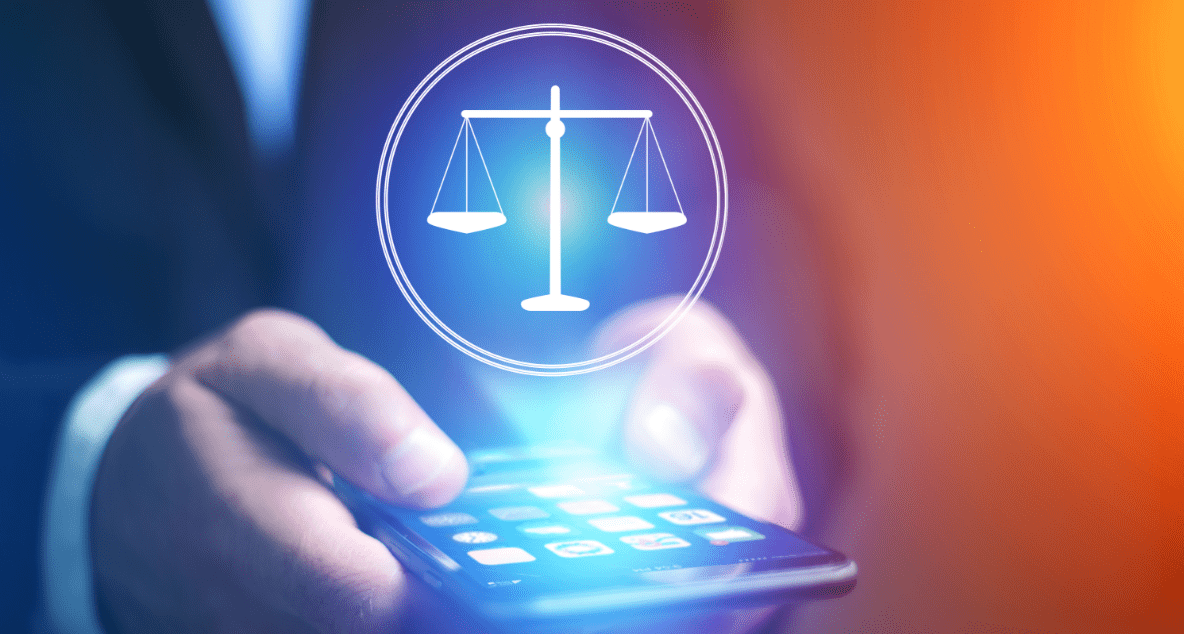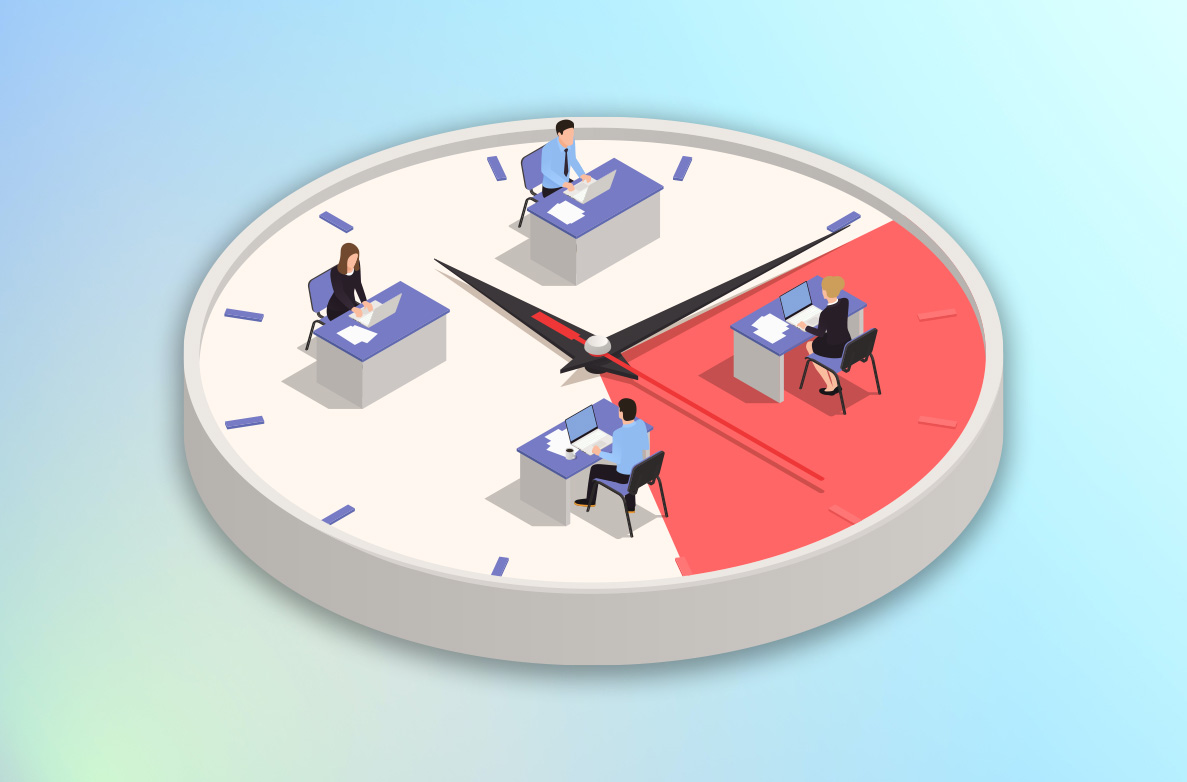Emerging Tech 3 years ago
The Next Decade in Legal Tech
Almost a decade into the acceptance of legal technology, here’s a look at some of the innovations awaiting us in the next few years

Today’s world is so intricately tech-driven that it is easy to forget how legal technology is still in its nascent stages. In fact, it was only as late as 2012 when the legal industry finally opened itself to the advantages of legal tech and embraced evolving trends that made the practice of law more convenient. Today, almost a decade since, as we stand at the threshold of another transformation, it is once again, important to recognise that technology is simply an accelerator that enhances the practices of law; and that the possibilities that this exciting new field holds in the decade to come are endless.
For those who are at the close of their legal careers, jumping onto the legal technology bandwagon may not be a priority. However, for younger lawyers, it is imperative that they educate themselves on the implications and applications of legal technology. After all, law practice today will be quite different from the infinitely more tech-forward practices of 2030.
Below are a few predictions from the experts on what to expect in the upcoming decade in legal technology:
Paperless Practice
The wheels of making the switch from a document-intensive endeavour to a paperless judicial practice are already in motion; and with the advancements in legal technology, as is anticipated in the coming years, the complete digitisation of documents with a good security backup in place is sure to become a widespread reality.
Smart Contracts
Smart contracts are essentially computer codes that use blockchain technology to automate and enforce agreement-bound legal obligations. While already in use in many judicial practices across the world, over the upcoming decade, we can expect solutions that surpass the limitations we face today, particularly those regarding its resolute immutability.
Mainstream Use of Legal AI
Artificial Intelligence has a widespread influence in legal practice and is aptly poised to take over time-intensive manual tasks – right from e-discovery to legal research, contract review and management, litigation, expert systems and e-billing. This is sure to allow lawyers to spend their time on more pressing and important matters.
In India, 2020 has been an eye-opener for many in the legal industry. With severe restrictions and social distancing in place, many have turned to the technological options that still allow for the judicial process to function smoothly and remotely. And given the current momentum, one can in full confidence claim that a legal tech driven 2030 is no longer a pipe dream.



